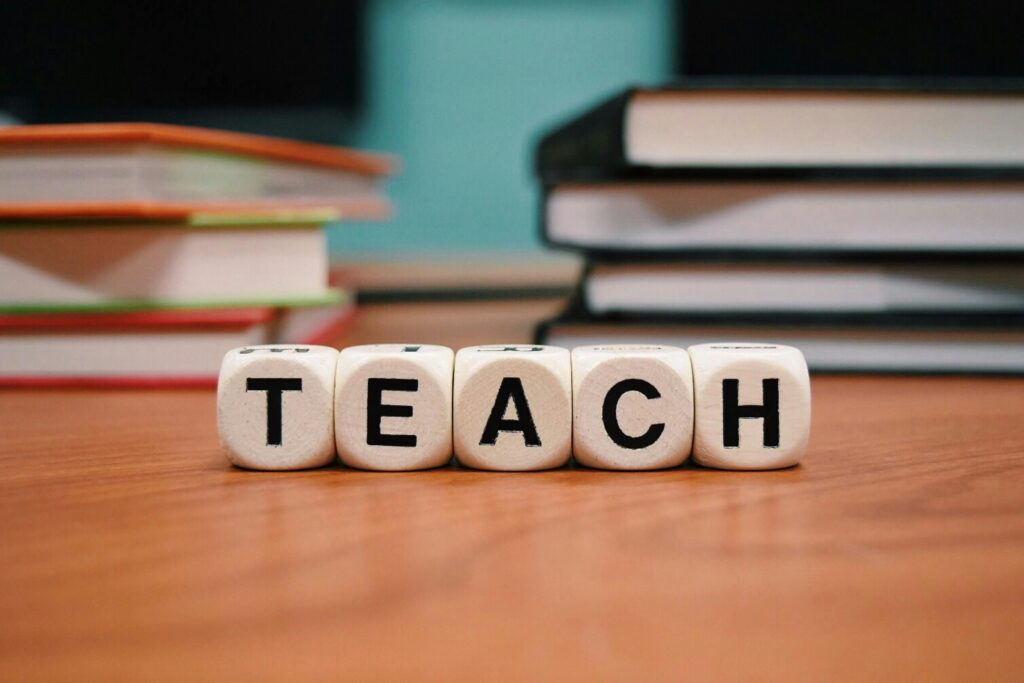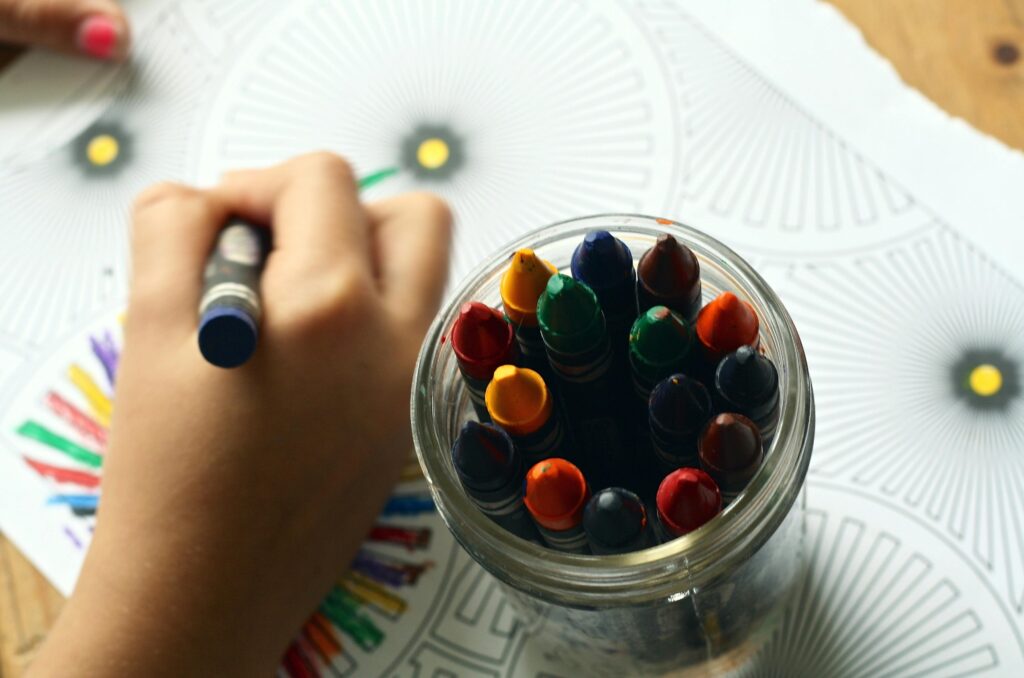
Purpose of Education
You’re a home-educator. What is education in your opinion?
What do you think it is?
I hate it when you answer a question with a question! But I suppose the main purpose of education is to gain skills and qualifications.
You mean skills like reading and writing, and qualifications like GCSEs?
Exactly that. Skills you need for life and qualifications to give you options in the workplace.
Can someone be educated but not have any qualifications?
I suppose they can, but they’d have a job proving it in this society today. Being good at maths isn’t likely to get you a job in accountancy, but having a qualification in maths might begin to open that door.
Qualifications aren’t a new thing, it was the same in times past. The Islamic system of ijazas dates back hundreds of years, for example, while in Britain there was a tradition of apprenticeships and guilds to acquire a trade, then monasteries and universities were centres of book learning. In ancient Greece, philosophy was a pillar of life – Plato was sold into slavery (albeit briefly) and Socrates was a soldier, yet their work is studied by the most educated academics today. There hasn’t always been school for every child, but the tradition of learning and becoming educated is ancient.
If you look at the government’s agendas for education (invariably acquiring skills and qualifications) it seems there’s a clear advantage to school over home-education. Children in school spend years preparing for GCSEs, they have specialist teachers, the equipment they need, their exams are free and the whole system is designed to get them qualifications.
Yes, in a way schools can be looked at as exam factories where every child moves along the same conveyor belt of lessons and exams until they get jobs. However, home-educated children can still gain qualifications, while some children leave school after eleven years without qualifications, and I am certain there is more to education than basic skills and certificates.
Like what?
I suppose education also prepares children for adulthood. It teaches them how to live in society, how to go to a shop to buy food, or how manage money and pay bills, how to talk to others, how to make sensible decisions and how to negotiate issues.
And that’s part of your home-schooling?
Absolutely. There is a lot of educational value in normal, day-to-day life. Simple things, like a trip to a shop can be part and parcel of home-schooling. You can talk to your children about your life and explain why you’re making certain choices, so they’re better prepared to traverse life when they are independent adults.
Come on! That’s ridiculous. Going shopping isn’t education!
It’s not ridiculous. For children, especially young children who don’t know the norms and behavioural expectations of society, a trip to a shop where they get to watch people interacting normally is a necessary learning experience. Though I have to admit it would be odd if I tried to convince the Local Authority that taking my fifteen-year-old to buy bread in Aldi was an educational experience, I’d argue it was educational when she was five.
Surely children in school are learning basic skills too?
A common argument home-educators use against schooling is that it’s literally teaching children how to behave in school but not in the ‘real world’. The onus of teaching children how to behave in the real world falls on parents’ shoulders, even if they go to school full time. Home schoolers have an advantage as their children can spend more time in the ‘real world’ rather than cooped up in a classroom learning to be school children.
What else, aside from life skills, does an educated person have?
I think one advantage an educated person has, is clarity. They’ll understand things they wouldn’t have understood before.
Can I have an example?
Sure. Imagine someone goes to a football match and they don’t know anything about football. Nothing. They’ll just sit there and watch people running around, apparently kicking the ball randomly or just standing around at one end of the field waiting for someone to kick the ball straight at them. It wouldn’t make sense.
However, if the same person is taught there are two teams, both trying to score goals by kicking the ball into the net, and the goalie’s job is to stop that happening – well suddenly the person understands what’s happening. They have clarity.
Now, apply that to everything – from archery to zoology – the more educated you are the more understanding you’ll have about the world. The world will make more sense.
Anything else?
Well, I’d say that education gives you depth, it makes life more interesting and fun. It increases your enjoyment and satisfaction in life.
How is this different from your point about clarity?
If we return to the football analogy… Understanding the purpose of a football game is one thing, but to deeply enjoy football and to fully appreciate moments of brilliance and excellence, to get immersed in the game, you need to know football. A true fan of the game will know its history, rules, tactics, skills etc. They’ll be educated in the beautiful game.
If you go through life becoming more educated, you’ll find you enjoy things with more depth – whether that’s watching an anthill, climbing a hill yourself, reading a poem or appreciating art.
Is perspective another aspect of education?
What do you mean?
I mean that if the definition of education and its benefits go beyond functional skills and certificates, then educated people will be less vulnerable to manipulation. They have a broader perspective of life, they will be able to think independently to work things out for themselves.
I think you’re right. There’s a saying that for a man who always eats at home, his mother’s the only cook. It means that if you don’t expand your horizons then you’ll never really grow up, you’ll never try new things or taste the fruits of exploring the world but will remain a dependent child.
A huge complaint about the current state of society is that people have become very cut and dried in their thinking, they can’t hear or tolerate other opinions without attacking or trying to shout the other side down, and they certainly can’t adapt, change or compromise – even when they’re wrong.
100%. The more you know, the more nuanced the world becomes, the more aware you become of your own ignorance but also the more confident you are in any opinions you hold that are rooted in facts and that you’ve reflected long and hard over. It’s much easier to sway and control an uneducated person, whether they’re up to their eyeballs in qualifications or not. If you are trained in critical thinking, then you won’t passively accept any rubbish you hear, and you’ll be more confident about your own opinions as you should have thought about them from all angles.
Education is the work of a life-time then, we can all become more educated throughout our lives and it goes much, much deeper than mere schooling.
Absolutely. Everyone can become educated, whether they’re in school or not and regardless of their age.
Katie Holden







Responses